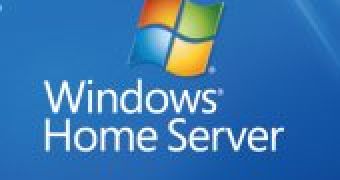Microsoft has officially announced the brand under which Windows Home Server Code Name “Vail” will be shipped to consumers later this year, along with the availability of the last development milestone before RTM. It appears that the Redmond company opted for Windows Home Server 2011 to replace the codename “Vail” moniker, and this is how the home server platform will be offered to end users along with machines from OEM partners.
At the same time, the software giant already provided the first Windows Home Server 2011 bits for download.
On February 3rd, 2011, the Release Candidate (RC) Build of Windows Home Server 2011 became available for download to early adopters. And no, Drive Extender is not included.
“This WHS RC is the first public release to include changes in the storage features,” a member of the WHS team stated.
“All existing technologies such as server and client backup, health monitoring, remote web access, streaming media, and simplified dashboard management are still included.
“A new Move Folder Wizard makes it easy for you to move data from one drive to another. As Hard Drives are added to the Home Server, your health alerts will notify you that a new Hard Drive is available. From here, you can automatically format and configure the new drive for additional storage.
“Data protection also includes daily Server and PC backup, Previous Versions via Shadow copy which lets you return prior versions of existing files (without needing to restore from backup), and a protection feature for pre-defined folders (such as Recorded TV, Videos, Photos) in case these are accidently deleted.”
The changes enumerated above are designed to make up for Drive Extender having been amputated from the next generation of Windows Home Server.
As some of you might already know, Drive Extender was responsible for advanced disk management in WSH, including performing a variety of tasks and operations automatically such as HDD discovery, formatting, and treating hard drives not as individual storage locations but as a single storage blob.
In addition, Drive Extender also dealt with redundancies, making sure that data survived intact even if specific HDDs would fail.
Some WHS testers have been vocal in expressing their criticism after Drive Extender was cut from codenamed Vail, but it appears that they didn’t manage to sway to company.
Windows Home Server 2011 is expected to be released to manufacturing and ship by mid-2011, without Drive Extender.

 14 DAY TRIAL //
14 DAY TRIAL //